When you hire someone, you are not just adding a person to your team – you’re adding an essential piece to the puzzle that makes up your organization. It is critical to find the right fit. If you could find tools to help you get the best results, would you use them?
The power of AI helps recruiters to find better candidates, make better decisions, and improve recruitment and retention outcomes. Why not take advantage of the latest technology that can make your job a lot easier?
Here is what you need to know about how AI is used in staffing and recruiting, and the latest ways that AI can save time and money for forward-thinking business leaders.
The Benefits of AI in Recruiting
Reduced Time-to-Hire
It takes companies an average of 44 days to hire the right candidate. That is well over a month, and that time is valuable with high opportunity costs. Most organizations have a goal of shortening this timeframe.
AI streamlines the recruitment process by automating tasks such as resume screening and interview scheduling. This not only accelerates the hiring cycle but also allows recruiters to focus on strategic decision-making and candidate engagement, ultimately reducing the time needed to fill positions without sacrificing talent quality.
Improved Candidate Experience
Making the overall interview and hiring process easier for candidates is always a good thing. A positive candidate experience not only improves your company’s perception and brand but attracts better talent and supports morale and motivation.
A seamless recruitment process bolstered by AI can enhance the candidate experience significantly. Automated updates and communication ensure candidates feel informed and valued throughout the process. Personalized interactions can further improve this experience, making candidates more likely to engage positively with the organization.
Enhanced Performance
By automating repetitive tasks, AI allows recruiting teams to dedicate more time to activities that require critical thinking and emotional intelligence. This shift enhances overall recruitment performance, as teams can concentrate on building relationships and assessing cultural fits.
Cost Savings
Remember those opportunity costs we mentioned? The automation of routine tasks reduces the labor costs associated with recruitment. By minimizing the time spent on manual processes, organizations can allocate resources more efficiently, leading to significant cost reductions in hiring.
Scalability
Any forward-thinking business should build in plans and support for scalability and growth. AI systems are designed to handle large volumes of data effectively. This capability allows organizations to scale their recruitment efforts quickly during peak hiring periods or when expanding into new markets, ensuring no potential candidate is overlooked.
Ongoing Improvement
AI’s machine learning capabilities allow systems to learn from past hiring outcomes continuously without more documents and reports. By analyzing what worked and what didn’t, AI tools can refine their processes over time, resulting in increasingly effective recruitment strategies. Recruiters and hiring managers can apply valuable insights delivered to them, rather than uncovered.
Personalization
AI can enhance candidate interactions by delivering tailored content and recommendations based on individual backgrounds and interests. This personalized approach can increase engagement and satisfaction, creating a highly coveted positive candidate experience.
Integrating Artificial Intelligence Into Staffing and Recruiting
Resume Screening
AI-powered resume screening tools can efficiently sift through thousands of applications, highlighting candidates who meet specific criteria. This reduces the initial workload for recruiters and ensures that only the most relevant candidates are considered.
Candidate Sourcing
AI tools can analyze job boards, social media, and other platforms to identify potential candidates who fit a desired profile. This proactive sourcing not only expands the candidate pool but also increases the chances of finding high-quality applicants.
Chatbots and Virtual Assistance
Many business leaders hesitate to implement chatbots, but generally, they can improve user experiences. Research says that only one in ten people report a bad experience with a chatbot. Furthermore, the same reporting found that 53% of respondents said waiting too long for responses was “the most frustrating part” of interacting with a business. AI can change (or at least improve) those scenarios.
AI-driven chatbots can engage with candidates, answer their questions about the company and job roles, and conduct preliminary interviews. This provides a more interactive and responsive experience for applicants and helps gather initial information about them.
Candidate Matching
AI algorithms can compare candidate profiles with the requirements of a job to assess the suitability of applicants. This can help narrow down candidates who are the best fit for the position. More precision in matching helps reduce the number of unsuitable applications that recruiters must sift through, which can save a lot of time.
Candidate Pre-Screening
Talent assessment tools can help in the early parts of the hiring process. For example, Vitay’s pre-screening tool is designed to filter through candidates and assess things like cognitive ability, emotional intelligence, or skills. The solution can also analyze personality, honesty, and integrity, which allows you to save time and make quality hires.
Pre-screening is an essential part of finding the perfect candidate, and an automated tool can:
- Streamline your recruiting – Reduce the time it takes to process applicants you want to invite for an interview.
- Conduct better interviews – Receive actionable data from candidates that can be used to have more meaningful interviews.
- Find better candidates – Help identify people who will fit not only the role but also your company culture.
- Improve time-to-hire – By evaluating candidates more efficiently you spend less time on candidates that are not the right fit.
You can explore Vitay pre-screening and talent assessment tools here.
Video Interview Analysis
An innovative AI advancement is the ability to analyze interview transactions that happen online. AI-powered video interview platforms can analyze candidate responses, facial expressions, and tone of voice to assess various traits, such as communication skills and emotional intelligence. This data can help you to evaluate candidates more objectively and make informed decisions.
Predictive Analytics
One of the best ways to predict what will happen in the future is to understand what happened previously. AI can analyze historical data on successful and unsuccessful hires to identify patterns and characteristics that lead to desired outcomes. This information can be used to predict candidate success and make better hiring decisions. AI can also identify trends linked to successful hires to help organizations refine their selection criteria moving forward.
DEI Initiative Support
The latest technologies can enhance important diversity, equity, and inclusion efforts.
For one thing, AI can assist in promoting diversity, equity, and inclusion (DEI) within hiring practices by identifying biased language in job postings and screening processes. This support ensures a more balanced representation of candidates and fosters an inclusive workplace culture.
Additionally, AI tools can analyze data objectively, minimizing unconscious bias that often affects hiring decisions. By focusing on qualifications and skills rather than demographic factors, AI promotes a fairer recruitment process, ensuring that all candidates are evaluated based on merit.
You can also use automated reference checking to ensure responses are based on objective information, which can greatly reduce bias. For example, with Vitay’s automated reference checks, you can receive and store feedback securely, view detailed multi-reference analytics and export full reference reports to PDF with just one click.
It’s been proven that digital communication makes people more truthful. When responding via automated reference checking, people are more likely to be honest about sensitive questions. They are also more likely to give more accurate answers to numerical questions, according to a study presented at the annual meeting of the American Association for Public Opinion Research. This means that you’ll get more objective information that is less susceptible to inherent biases.
Employee Retention
AI can analyze employee information and identify patterns that may indicate potential retention issues before they become problematic. This helps companies proactively address employee needs and reduce turnover.
AI tools can also interpret existing employee data to uncover patterns that may indicate future retention risks. Organizations can then take steps to improve employee satisfaction and put together specific programs that address concerns.
Onboarding and Training
Onboarding is a key area of the recruiting process, and there are several ways that AI can improve outcomes here.
Not only can AI be deployed to help analyze feedback from multiple new hires to see how they feel about the onboarding process, but AI tools can evaluate feedback and pull quantitative data. For instance, AI-powered tools can assess responses to open-ended questions or provide company leadership with insights on Employee Net Promoter Scores (e-NPS).
AI can also make things easier on the administrative side of employee onboarding. By automating repetitive tasks and reducing errors, HR professionals can free up time and get better results with the time they invest. HR teams can also give detailed instructions to the various algorithms to inform employees about each step of the process and answer common questions. Through chatbots, they can respond to common inquiries quickly and easily without interrupting other work.
Future Trends: AI in Staffing and Recruiting
Increased Use of Natural Language Processing (NLP)
As NLP technology evolves, AI systems will become more adept at understanding the context and nuances of candidate communications. This will allow more accurate interpretations of resumes, cover letters, and interview responses. Eventually, AI tools will perform sentiment analysis on candidate communications, providing insights into their enthusiasm, confidence, and overall fit for the company culture.
You can also expect enhanced chatbots to utilize NLP to engage in more natural and fluid conversations with candidates, answering queries and providing detailed information about the hiring process and job roles. As the training for AI tools continues to evolve, correspondence with them will feel more organic.
Greater Focus on Candidate Engagement
AI will get better at facilitating personalized communication strategies tailored to individual candidates based on their profiles, preferences, and interactions. This could involve customized job recommendations, timely updates, and targeted content. We may also see AI-driven gamified assessments become more prevalent, which could make the application and evaluation process more interactive and enjoyable for candidates. This could help in evaluating skills in a fun and engaging manner.
AI systems will create opportunities for candidates to provide feedback during the hiring process. This feedback can be used to improve the recruitment experience for future candidates and enhance the employer’s brand. This is something that some advanced companies are already doing.
For example, Vitay’s talent feedback tool allows you to collect important insights regarding your recruiting process. You can uncover information on the quality of hire, candidate fit, or onboarding issues. You can also get direct feedback about your overall recruiting process and candid exit insights. Hiring managers can also gather digital feedback on new hires to measure and track new hire fit and productivity.
AI in Remote Recruitment
Soon, AI will enable the creation of virtual assessment centers where multiple candidates can be evaluated simultaneously in a simulated environment. This will streamline the assessment process for remote hiring. Alongside that process, AI tools will enhance video interviewing by providing real-time feedback to candidates and recruiters, analyzing body language, tone, and engagement levels to assess fit more effectively.
One important aspect of AI is access to a global talent pool. With AI making remote recruitment easier, organizations will have access to a more diverse set of candidates, allowing them to recruit top talent regardless of geographic barriers.
Emphasis on Soft Skills Assessment
While AI is powerful in many ways, recruiters still need to be able to assess that “special something” that is normally uncovered in an interview. We expect tools to assess candidates’ soft skills, such as adaptability, problem-solving, and teamwork, through various evaluation methods, including situational judgment tests and group exercises. AI systems will also analyze candidates’ interpersonal interactions during interviews, providing recruiters insights into communication styles and emotional intelligence.
Some companies also leverage personality assessments to help determine fit. AI can be helpful in these scenarios, and will likely play a bigger role soon. AI will integrate traditional personality assessments with real-time interaction analysis to provide a comprehensive view of a candidate’s soft skills and cultural fit.
To find the top talent for your team, it’s a good idea to use any tools at your disposal. AI offers some exciting new functionality that can help you get the right people into the right roles. For more ideas and insights, make sure to follow our blog.

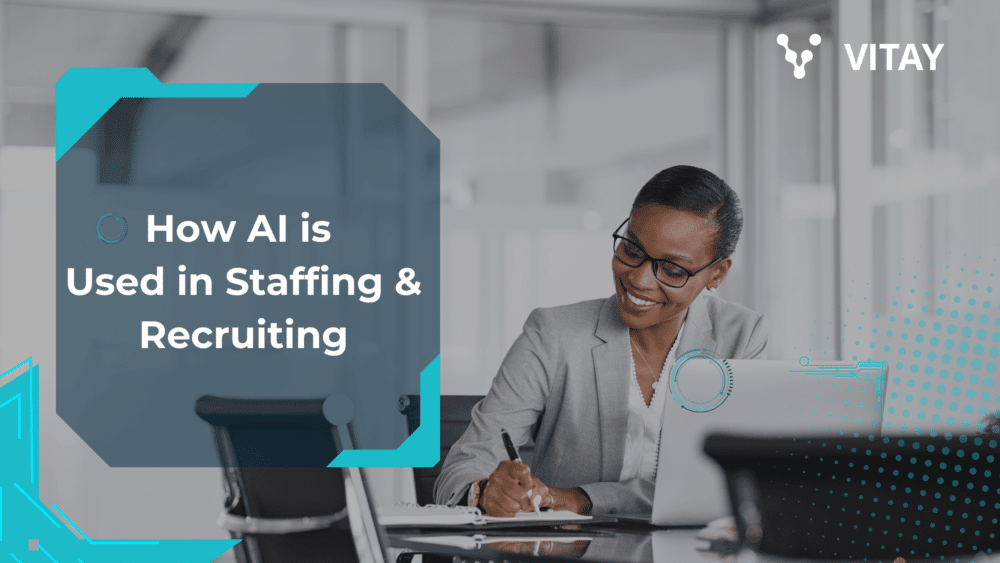
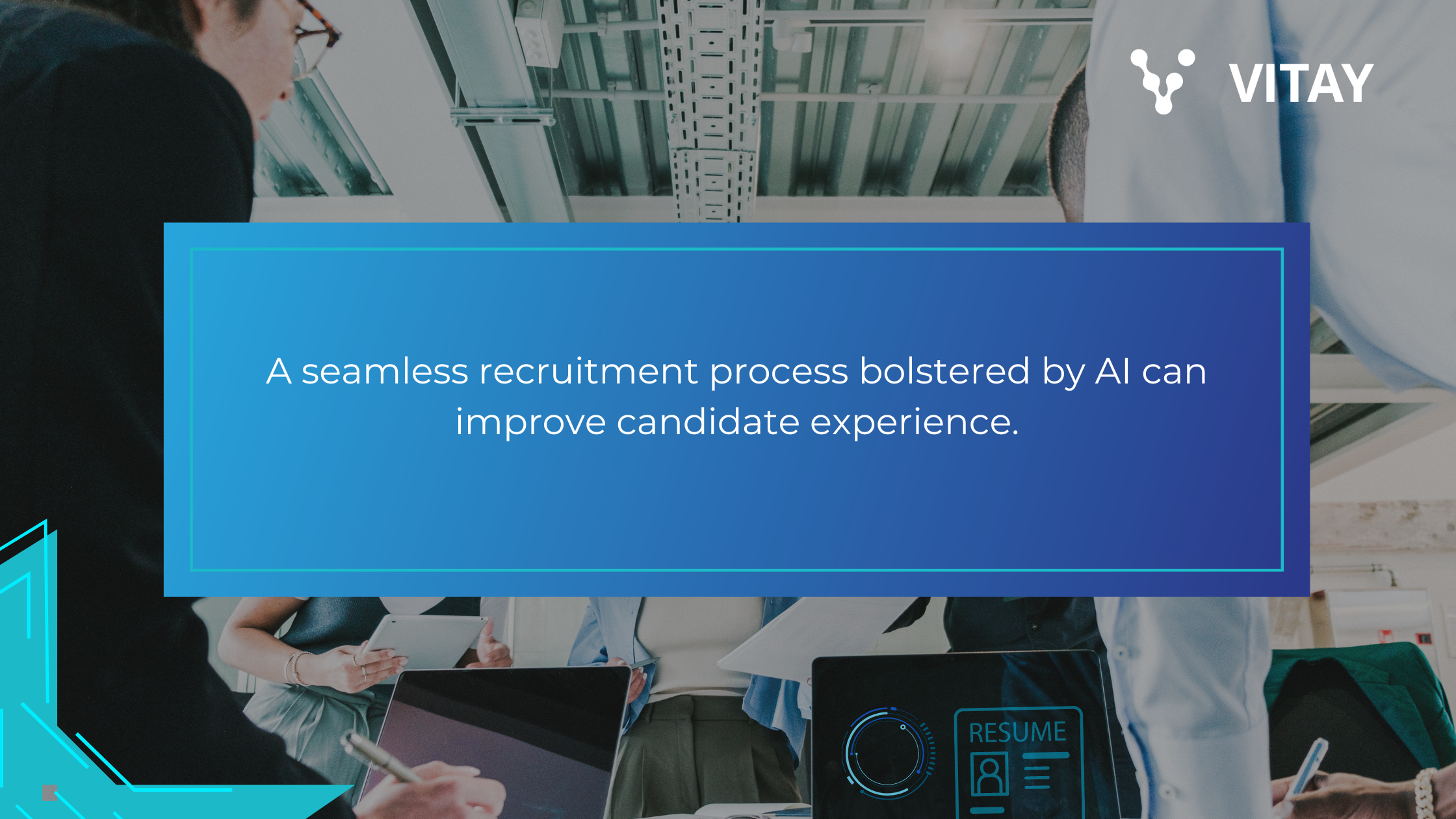
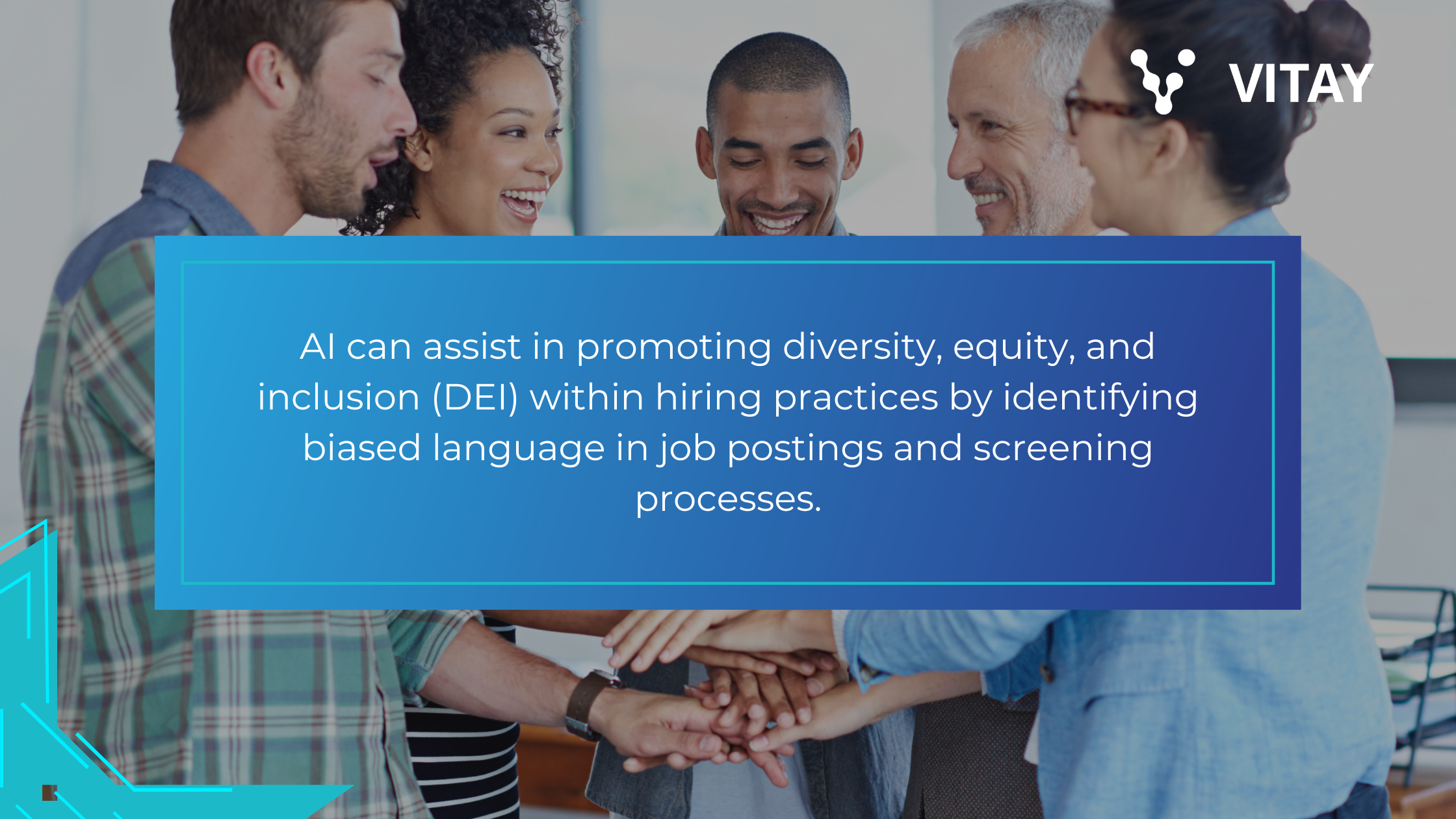
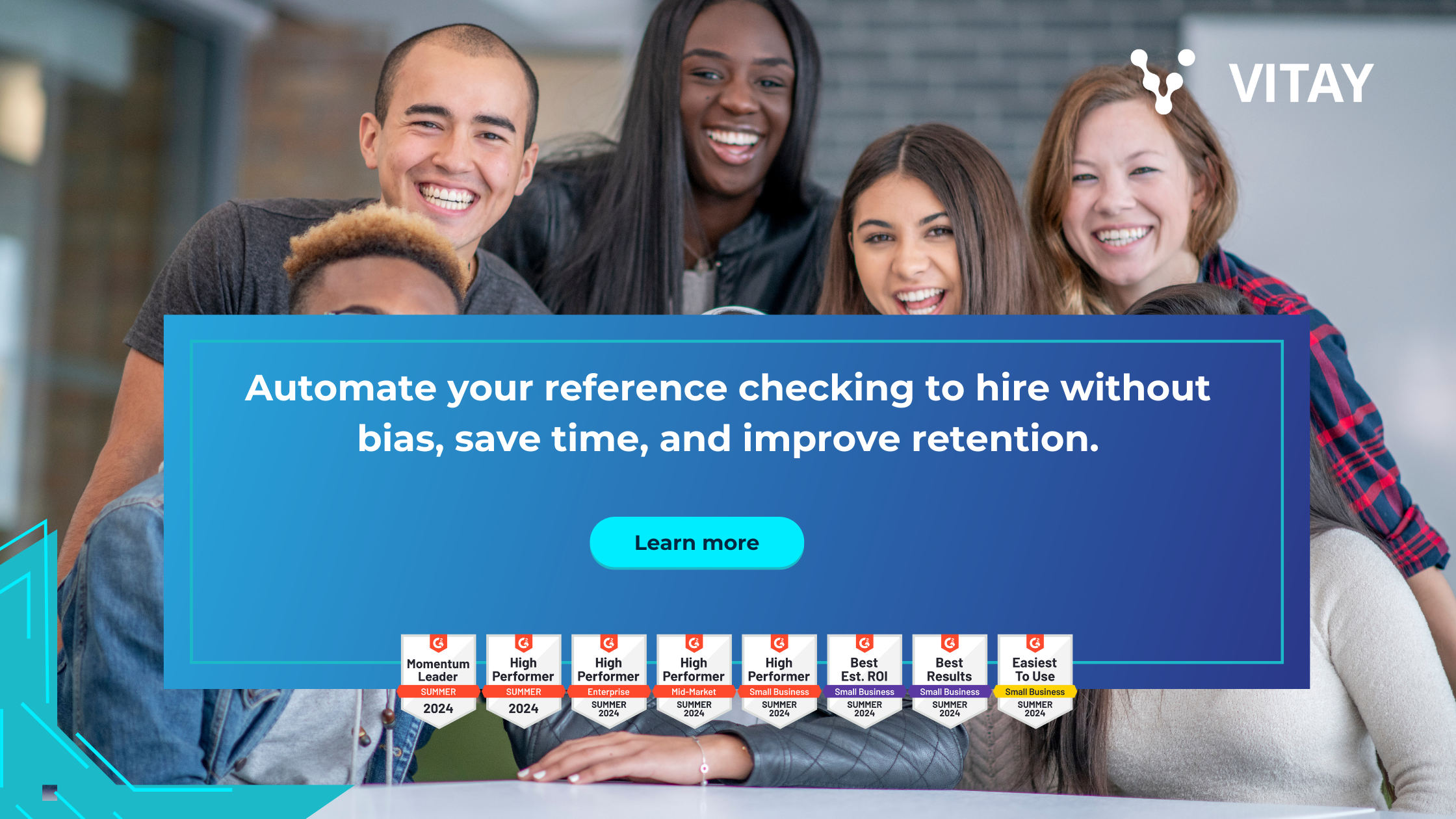
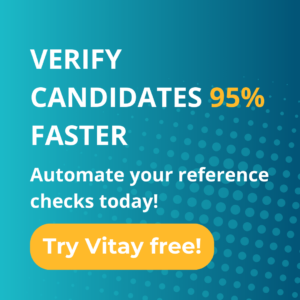

Comments are closed.